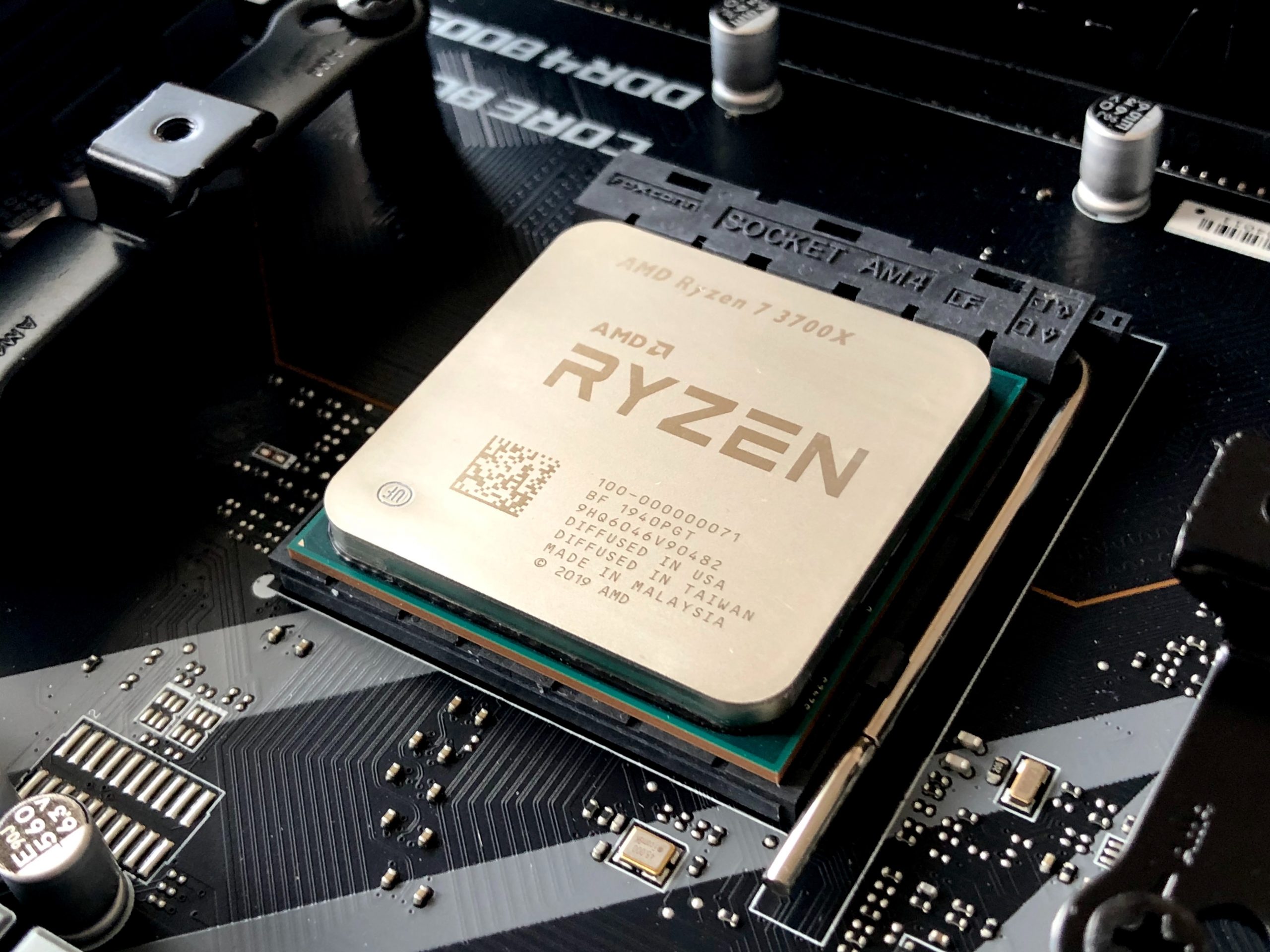At times, isolated occurrences might not point to the bigger issue, but when you start to chain the events, the bigger issue reveals itself. When Apple staggered the launch of its new series of iPhones, people were irked by the decision but no one gave it a second thought. Then came the low supply of the new graphic cards, followed by the failure of Microsoft and Sony to meet the demand for their next-generation consoles. Piecing all these events together unveils what the industry is now dubbing as “Chipageddon”.
Since then, almost every tech company after another has announced that they are facing similar constraints. For instance, Samsung is stressed to fulfil orders for the memory chips it employs for its own products and other companies, similarly, Qualcomm is facing troubles keeping up with demands.
The implications foretell a longer waiting queue for a new car and gadget. Let’s analyze this more:
The impact of COVID-19
A lot of the blame is owed to the pandemic.
The curfews and restrictions have greatly fueled the sales of computers along with mobile phones and tablets, enabling people to work from home, study, and occupy their newfound free time. While this has fast-tracked technology proliferation all over the world, it has put the semiconductor industry under duress to keep up with the demands
Production capacity limitations
Due to the travel restrictions brought on by the pandemic, factories are forced to run at capacity and building new ones is not the solution. Analysts say that it takes anywhere from 18-to-24 months to open a plant after breaking ground and even then, time is needed to get the best yield. It is not something one can turn on or off in an instant.
The rollout of 5G and its infrastructure setup is greatly adding to that demand.
Huawei has put in a large order to stockpile chips before the US notices and places restrictions on them.
Knock-on effects
While Richard Windsor does not expect these shortages to be cleared until at least July 2021, other experts fear this may go on for longer.
A chipmaker has informed the Wall Street Journal that the backlogs are so huge now that if you were to put in an order with a carmaker, it can take up to 40 weeks to fulfil it. Further knock-on effects can see car manufacturers lose billions as they’ll be forced to reduce their output.
Geopolitical implications
While South-Korea and Taiwan dominate chip-manufacturing, the US still dominates developing component designs. The US is working hard on incentivizing local production of semiconductors as it looks to address its own needs in the future.
Chinese military
Beijing was already working towards making the country self-sufficient when it came to semiconductors. This was well underway before the US took steps to block the local companies from using American technology to be employed by the Chinese military.
Chipageddon will not only force the leaders to double down on their efforts but it will also expose how disruptive their unification with Taiwan could be.
